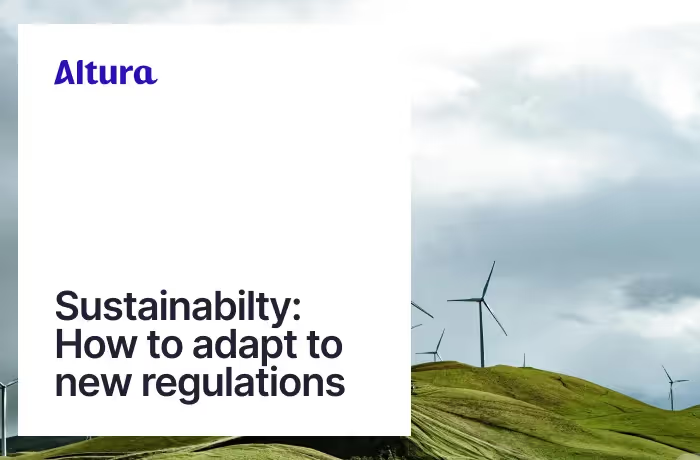The EU is mandating sustainable procurement through new regulations inspired by the Green Deal, making it necessary (rather than optional) for commercial organisations to offer sustainable solutions.
With the re-election of Ursula von der Leyen as President of the European Commission, the Green Deal is set to continue, significantly impacting how commercial organisations compete for tenders.
How should your organisation respond to these changes? We explain exactly how to do so. This blog was created in collaboration with Professor Willem A. Janssen, a distinguished expert in procurement law.
The impact of the European elections
The European Parliament appears to be maintaining a centrist course, avoiding a significant shift to the right. However, criticism of the Green Deal persists among far-right groups and some centre-right factions, particularly regarding agriculture and the planned 2035 deadline to end the sale of new petrol and diesel cars. While this deadline may be postponed, the core elements of the Green Deal remain intact.
Challenges for commercial organisations
Policies such as the Green Public Procurement guidelines and the European Green Deal exemplify how the EU promotes sustainability in public purchasing.
The shift toward greener procurement affects not only bid directors, commercial executives, and bid managers but also requires a complete reassessment of the services and products offered. According to a European Commission report, around 55% of public tenders already include green criteria, demonstrating that the move towards sustainability is well underway.
This changing landscape presents both challenges and opportunities for organisations willing to adapt and future-proof their procurement strategies. Understanding these trends and their implications is crucial for staying competitive in the tendering process.
From optional to mandatory
Sustainability is currently often an optional aspect of procurement, encouraging organisations to implement initiatives with ecological, social, and economic benefits. However, the flexibility in how sustainability is approached varies across sectors and tenders.
While mandatory legislation allows for diverse interpretations, it also provides opportunities to stand out by meeting and exceeding green criteria. Examples include voluntary sustainability standards such as ISO 14001 for environmental management and SA8000 for social responsibility.
Additionally, increasing emphasis is placed on MEAT (Most Economically Advantageous Tender) criteria, which evaluate not only price but also quality, sustainability, and innovation. These criteria may include lifecycle costs, environmental performance, and social impact, shifting the focus to more comprehensive value propositions.
How the green deal reforms procurement
New EU environmental legislation is adding procurement obligations across industries, beyond the Clean Vehicles Directive. Examples include:
- Net zero regulation
- Battery regulation
- Ecodesign regulation
- Critical raw materials regulation
- Construction products regulation
- Corporate sustainability due diligence directive
- Energy efficiency directive
- Energy performance of buildings directive
Future directives are expected to impact ICT, food, and textiles. Standardised technical specifications and criteria may make tendering simpler and more consistent, allowing organisations to adapt more systematically.
Invest in sustainable solutions now and stay ahead of the competition.
No matter how you look at it, sustainability is becoming increasingly important to consumers, and European legislation is becoming stricter—essential for meeting climate goals.
Anticipate what’s coming. Gradually integrate sustainability objectives into every aspect of your operations and project management.
Invest in technologies, improve internal processes, collaborate with sustainable suppliers, and ensure compliance with environmental legislation and social standards. This will help you meet EU regulations while maintaining a competitive edge.
By planning ahead and proactively adapting to these changes, you’ll not only comply with new legal requirements but also actively contribute to a more sustainable society and environment.









.png)


.avif)




